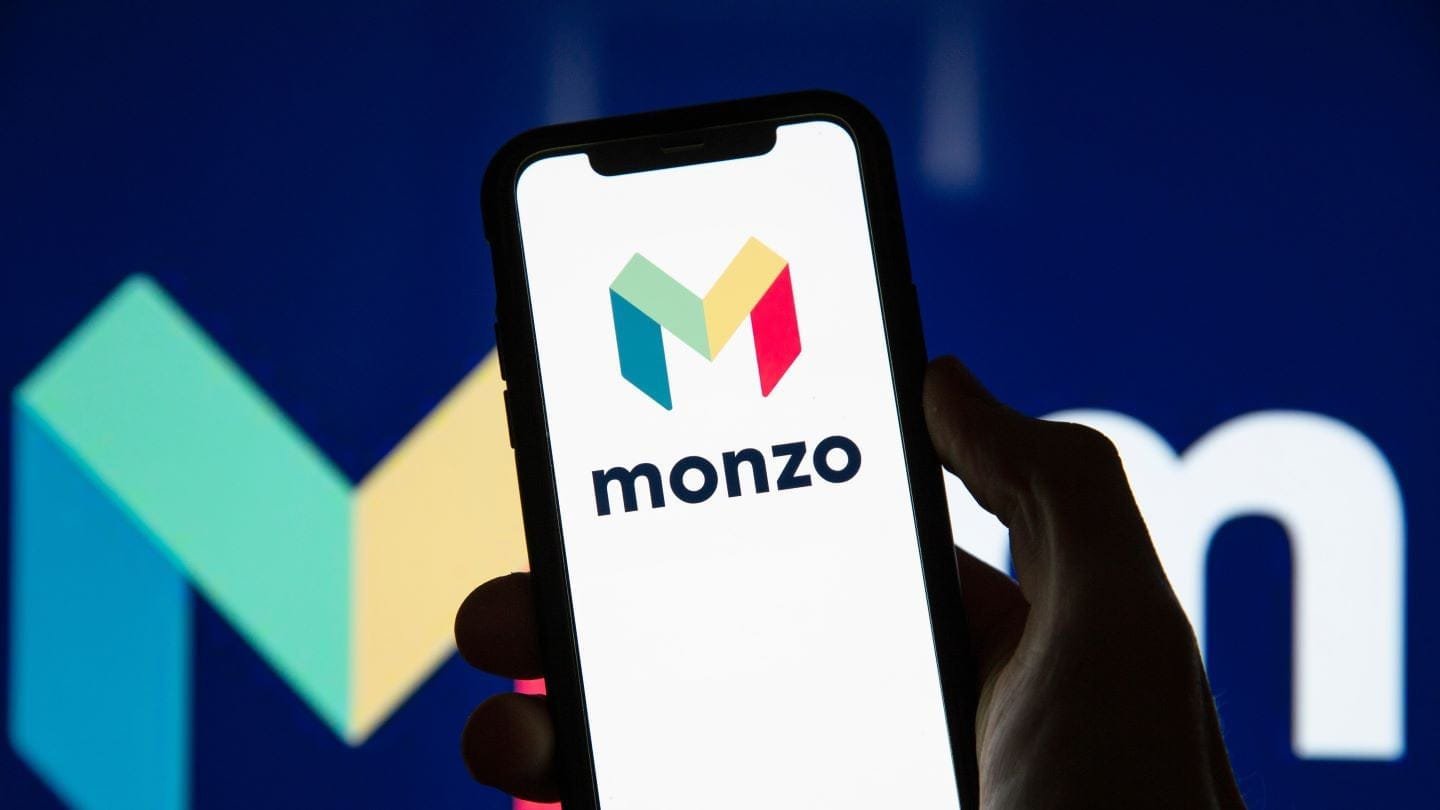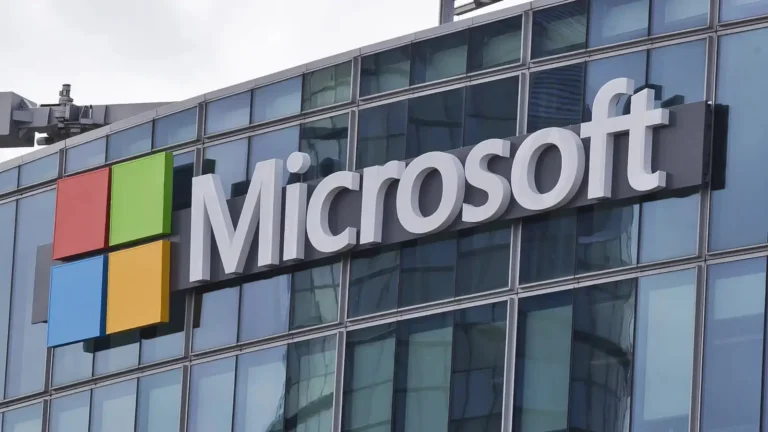
The FCA fined Monzo £21.1 million over serious compliance failures.
Talking about the digital bank, Monzo has been fined a hefty £21.1 million (about $28.57 million) by the UK’s financial regulator Financial Conduct Authority (FCA) for serious failures to deal with financial crimes. This fine relates to the bank’s inadequate financial crime control systems and repeated violations of regulatory requirements in the period between October 2018 and August 2020. The main point of the case, which is inadequate control systems, the FCA found that Monzo did not have adequate systems to manage financial crime risks, especially in key areas such as onboarding customers, conducting risk assessments and monitoring transactions.
Rapid growth Inadequate compliance Monzo grew rapidly, from around 600,000 customers in 2018 to over 5.8 million customers in 2022, but the bank failed to keep its compliance systems up to speed with this growth. Onboarding high-risk customers In August 2020 the FCA ordered an independent review and imposed a condition preventing Monzo from opening new accounts for high-risk customers. However, the bank repeatedly failed to comply with this requirement between August 2020 and June 2022, opening more than 34,000 high-risk accounts.
Flaws in customer onboarding
The bank made serious lapses in Know Your Customer (KYC) processes when onboarding new customers. The FCA found that Monzo allowed customers to open accounts based on inadequate information. And for example, some customers used famous London landmarks (such as Buckingham Palace or Big Ben) as their addresses, which clearly were unreliable, and yet they opened these accounts. This shows how weak the bank’s identity verification processes were. And to prevent financial crimes banks must ensure that their customers’ identities are properly verified and that they provide valid addresses and identity proofs.
As well as onboarding based on unreliable information The FCA also pointed out that Monzo onboarded customers based on limited and in some cases clearly unreliable information and such as customers using famous London landmarks as their addresses. This shows how inadequate Monzo’s financial crime controls were. Also the regulator’s tough stance The fine is the 10th fine imposed by the FCA on a bank for financial crime failures in the last four years. The regulator has named financial crime risk as a key focus area in its 2024 supervisory strategy for retail banks. Monzo’s response also said that these problems “relate to a historical period that ended three years ago. And it has acted swiftly to implement a program to address financial crime issues in February 2021.
Lack of risk assessment
Monzo also failed to properly assess financial crime risks.It is important to determine the risk level of each customer so that we can effectively monitor suspicious activities. The bank was lax in identifying high-risk customers and applying appropriate controls. This meant that criminals could misuse the bank for potential money laundering or terrorist financing activities.Also, failure of transaction monitoring The FCA also pointed out that Monzo’s transaction monitoring systems were inadequate.
Banks have to constantly monitor their customers’ transactions to detect unusual or suspicious patterns. For example, if a customer suddenly starts receiving or sending large amounts of money. So it should be flagged as suspicious activity. Monzo’s systems proved weak in detecting and reporting these suspicious transactions. Monzo’s problems expand as Monzo, a digital-only bank, has gained rapid popularity in the UK in recent years due to its user-friendly app and innovative services. However with this rapid growth the bank has faced challenges in strengthening its financial crime control systems.
Violation of the ban on high-risk customer accounts
Talking about this, in August 2020, the FCA had instructed Monzo to stop opening new accounts for high-risk customers and also ordered an independent review. Which was an important step and was aimed at forcing the bank to overcome its shortcomings. And but Monzo failed to comply with this requirement. Which between August 2020 and June 2022, the bank opened new accounts for more than 34,000 high-risk customers. And this was a violation of the direct instruction of the regulator. And which further increased the seriousness of the matter.
Also, the strict stance of the regulator and the priority of tackling financial crime, which the FCA has made clear that combating financial crime is one of its top priorities. Here this fine imposed on Monzo is another proof of this. Which the regulator expects banks to take their responsibilities seriously to prevent illegal activities such as money laundering and terrorist financing. The FCA has fined 10 banks for financial crime failures in the last four years and has sent a message that it will not allow any institution to be lax.. The regulator sees financial crime risk as a key focus area for retail banks in its 2024 supervisory strategy.
New Controls Introduced to Prevent Future Violations
Monzo’s group chief executive TS Anil has said that the FCA’s findings relate to a historical period that ended three years ago. And it draws a line on issues that have been resolved and are now a thing of the past. He also said that the bank has significantly improved its controls from the learnings from that time. Monzo has established and completed a financial crime change programme to improve its comprehensive financial crime control framework in line with the recommendations made in the independent review And this fine is an important lesson for Monzo. Digital banks have to prioritise their regulatory and compliance responsibilities even while growing rapidly.
Why Strong Financial Crime Controls Are Crucial
Having strong systems and controls to prevent financial crimes is important not only to meet regulatory requirements. But it is also necessary to maintain customer confidence and protect the bank’s reputation. What are financial crimes and why are they important for banks?
Financial crimes include illegal acts such as money laundering, terrorist financing, fraud, bribery and corruption. These crimes not only destabilize the financial system. But also cause serious damage to society. And banks act as the gateway to the financial system. And so they play a vital role in preventing these illegal activities. Also Suspicious Activity Reporting (SAR) When the bank finds something suspicious in a transaction or customer activity, they have to report it to the regulatory authorities. In the case of Monzo, the bank turned out to be weak in these important areas due to which it had to suffer a heavy fine. This incident is a warning to all financial institutions that the regulator will not make any compromise in the fight against financial crimes. Banks must ensure that their controls and systems keep pace with their business growth and do not become a gateway for illicit activities.




